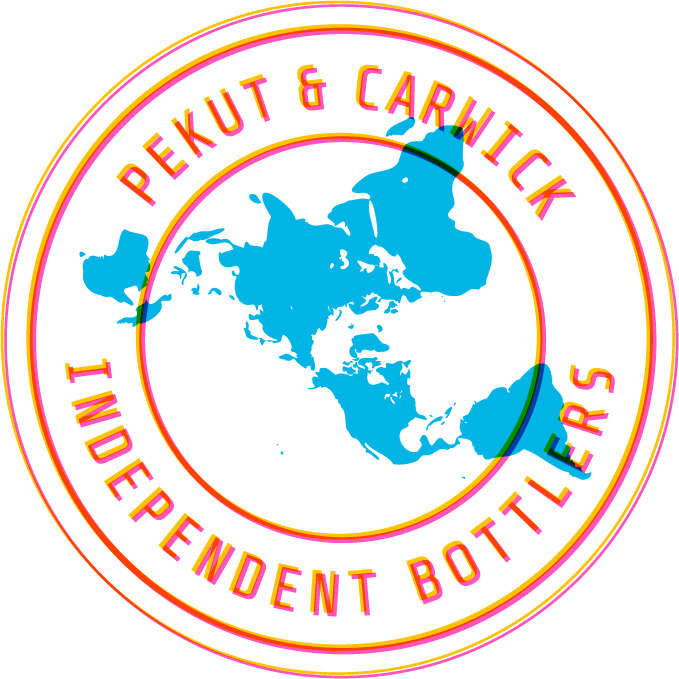Bamboozled by booze (advertising)

In our search for the answer to life, the universe, and everything booze-related, we keep getting carried off by deluges of starry-eyed anecdotes, pontifications on polished copper contraptions of yesteryear, and plain old misinformation.
Modern-day distilled spirits marketing is whack if what you're after is real information.
Take, for example, a quick survey of Bacardi TV ads on YouTube. While you can map decades of shifting cultural sensitivity, hairstyles, and (frankly) cinematographic quality, there's one consistent message: Bacardi is fun. "Break free!" they shout, "have a rum and coke!", and above all, splash around in bathing suits and exchange sultry glances in non-specifically exotic tropical locations.
And that's fine, I'm not here to bash what is clearly very effective mass advertising. But even McDonald's has more to say about sourcing their potatoes than Bacardi says about sourcing the molasses that makes their rum.
So, how come we're so naïve when it comes to sourcing in spirits?
We're not the only ones asking this question. Anna Sulan Masing, co-creator of the Sourced public research project on inclusive and sustainable culinary systems, had a few theories in a recent podcast interview. Here's the Cliffs Notes:
- Mainstream culture tends toward a binary "how cheap can I get drunk?" vs. "people who drink are bad" approach.
- We're not used to discussing alcohol in terms of cultural identity, sustainability, or as an ingredient.
- Impressive shelf stability lends itself to easy commodification, naturally encouraging us to distance ourselves from alcohol's agricultural and cultural origins when we consume it.
Also, distillation is industrial
Another huge difference between distilled spirits and almost any other food or beverage product is the highly industrial process smack in the middle of the supply chain: distillation. It's one of the reasons we love spirits (agriculture and engineering and gastronomy and food systems? AWESOME). But the infrastructure required is capital-intensive, so only a few people can afford to do it. Given our tendency to fetishize distilleries more than the farms (way more shiny, way less shit), it makes sense that transparency fades a little at this point in the supply chain.
We could go on (and we have, in other missives on this channel) about taxation, government oversight, licensing fees, and more barriers to entry that further exacerbate the transparency gap in our spirits supply chains.
But you get the point: Pay attention to people who care enough to tell you how they're sourcing.

